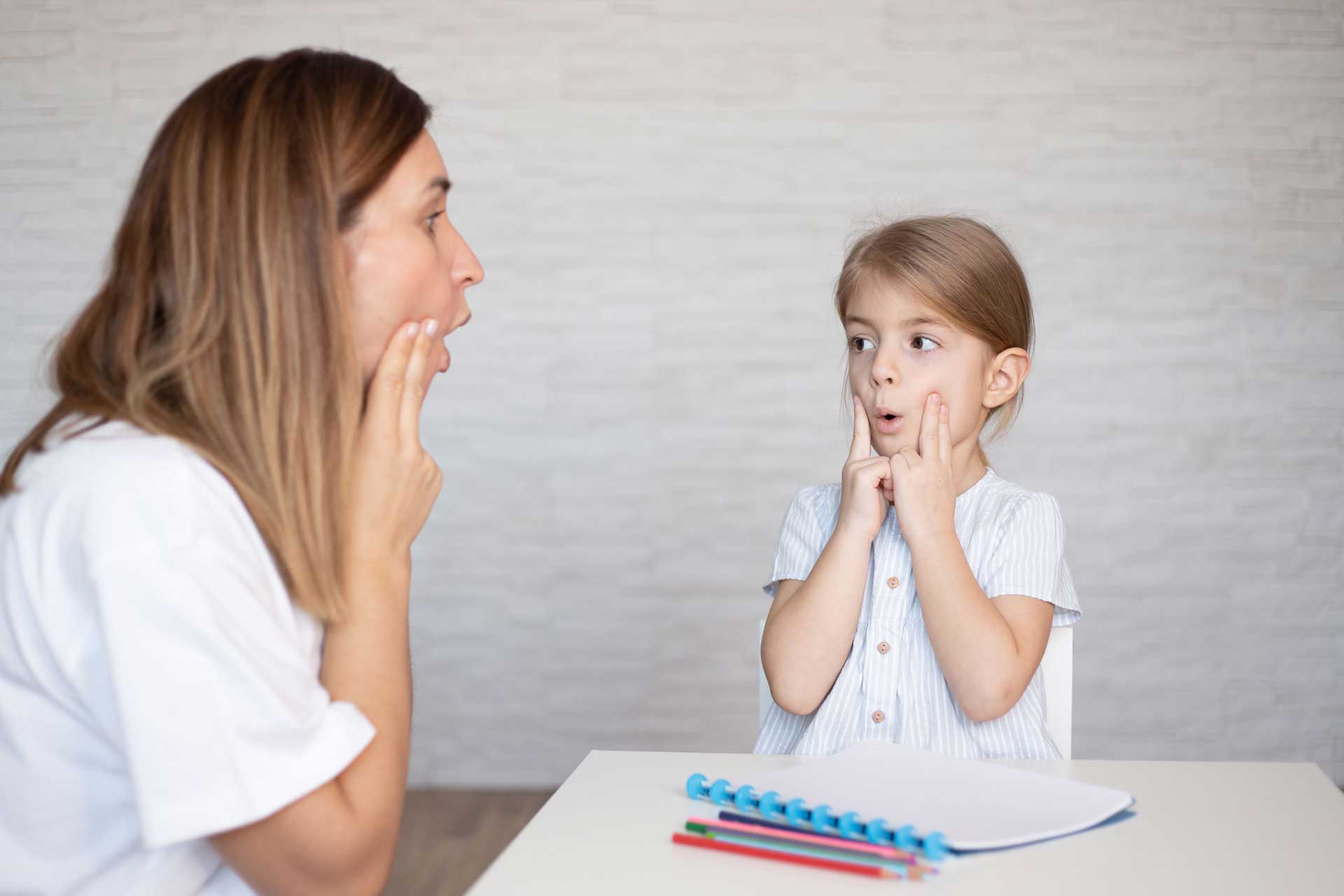By Pranali Shah MS, CF SLP
Childhood Apraxia of Speech, often abbreviated as CAS, is a motor speech disorder that affects a child’s ability to plan and coordinate the movements required to speak. Unlike other speech disorders, CAS is not caused by muscle weakness or paralysis but rather by difficulties in the brain’s planning and sequencing of speech movements.
Signs and Symptoms:
Understanding the signs and symptoms of CAS is crucial for early intervention. Not all children with CAS are the same. Your child may show some or all of the signs below. You should talk to your doctor and see an SLP if your child is older than 3 years.
- Inconsistent speech: Children with CAS often produce sounds and words inconsistently. They could add stress on the wrong syllable or word or distort sounds.
- Limited vocabulary: CAS may lead to a limited vocabulary as children struggle to articulate and coordinate the necessary speech movements.
- Difficulty with longer words: Longer and more complex words tend to be more challenging for children with CAS.
- Groping or struggling: Children with CAS may appear to “grop” for the right articulatory movements, making their speech effortful and less fluid.
- Difficulty with non-speech movements: CAS can also affect non-speech movements like licking lips or blowing kisses as well as reading, spelling, and writing.
How can we help?
A Speech Language Pathologist (SLP) can work closely together with your child to learn how to plan the motor movements required to create a sound. A child will need lots of practice and repetition with their speech.
Childhood Apraxia of Speech can be a challenging journey for both children and parents, but with early intervention and consistent support, children with CAS can make significant progress in their speech and communication skills.




